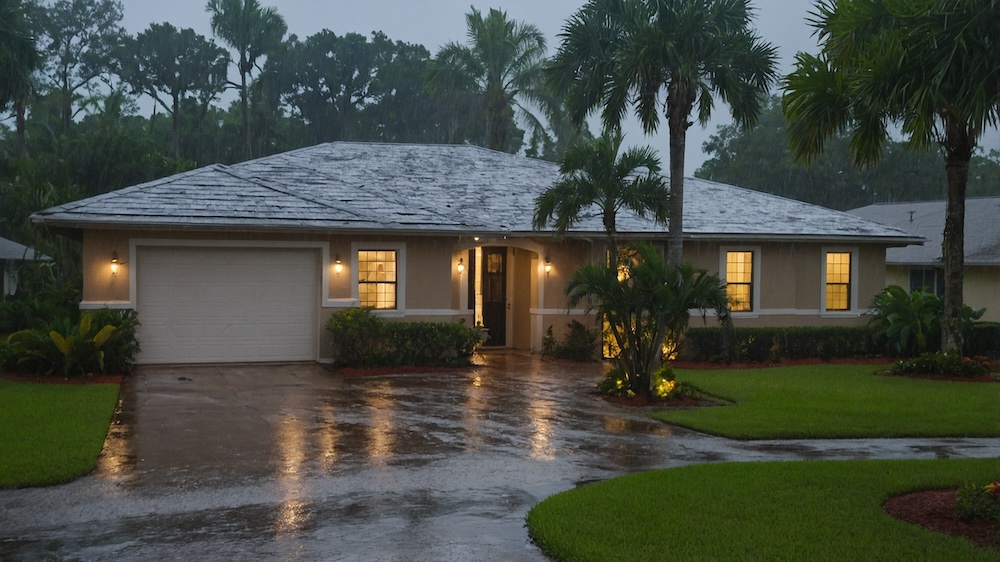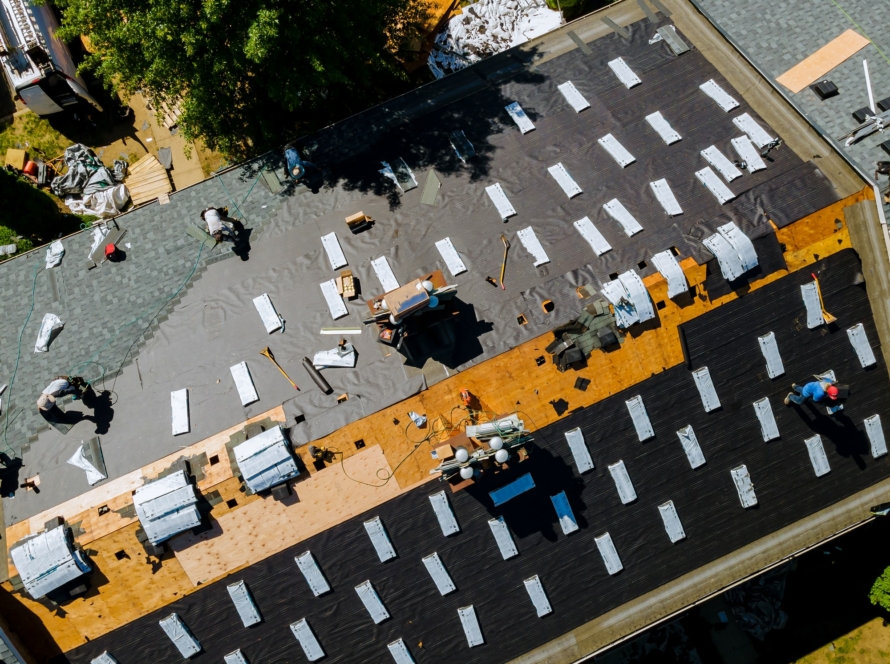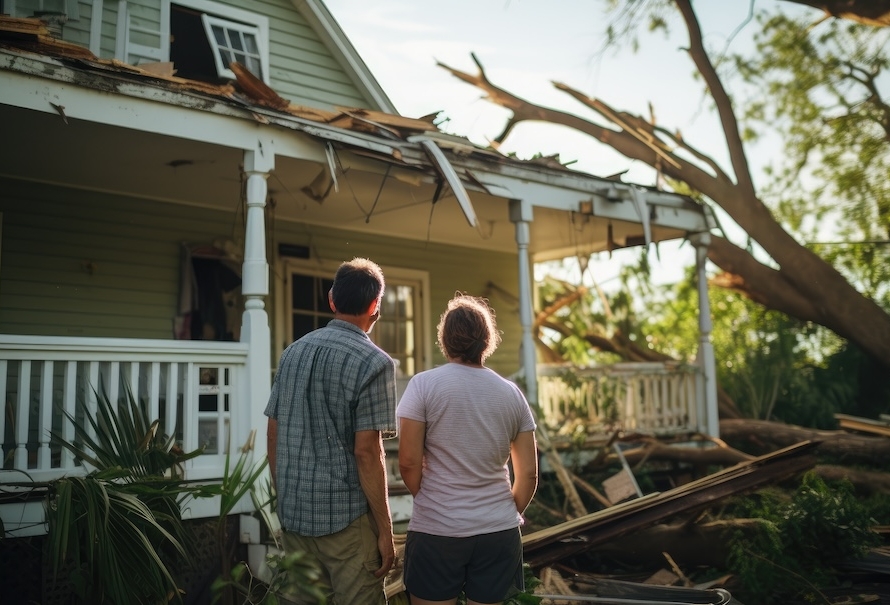
What to Do Immediately After a Storm
After a hurricane or severe storm hits, the aftermath can be chaotic and overwhelming. Knowing the steps to take immediately after a storm can help protect your property and start the recovery process. Here’s a guide to help you navigate the crucial actions to take once the storm has passed.
1. Ensure Safety First The safety of you and your family is the top priority. Before inspecting your property, make sure the storm has completely passed and it’s safe to go outside. Watch out for hazards such as downed power lines, flooded areas, and debris. If you had to evacuate, only return home when local authorities declare it’s safe to do so.
2. Document the Damage Thoroughly document any damage to your property as soon as it is safe to do so. Take clear photos and videos of the damage from multiple angles, including structural damage, broken windows, roof damage, and any damaged personal property. This documentation is crucial for filing an insurance claim and can expedite the process.
3. Mitigate Further Damage If possible, take steps to prevent further damage to your property. This might include covering broken windows with plywood, placing tarps over roof leaks, and moving undamaged items to a safer location. Keep receipts for any materials purchased and temporary repairs made, as these expenses may be reimbursable under your insurance policy.
4. Contact Your Insurance Company Notify your insurance company as soon as possible to start the claims process. Provide them with detailed information about the damage and the steps you have taken to mitigate further harm. Be prepared to provide your policy number, a description of the damage, and the documentation you have gathered. An adjuster will likely be sent to assess the damage in person.
5. Avoid Signing Anything Immediately In the aftermath of a storm, you may be approached by contractors or public adjusters offering their services. While some may be reputable, others may not have your best interests in mind. Avoid signing any contracts or agreements without thoroughly vetting the individuals and consulting with your insurance company or attorney.
6. Keep Records of Communication Maintain a detailed record of all communications with your insurance company, contractors, and any other relevant parties. This includes emails, phone calls, and letters. Keeping thorough records can help resolve disputes and ensure a smoother claims process.
7. Seek Legal Assistance If you encounter difficulties with your insurance claim, such as delays, denials, or inadequate settlement offers, seeking legal assistance can be beneficial. Payne Law’s experienced attorneys can help you navigate the claims process, advocate on your behalf, and ensure you receive the compensation you deserve.
By taking these steps immediately after a storm, you can protect your property, expedite the recovery process, and ensure you are well-prepared to handle the challenges that may arise. Stay safe, stay organized, and don’t hesitate to seek professional assistance when needed.
Schedule a FREE Consultation.
Submit your case details swiftly through our contact form for Payne Law’s prompt review and response.
Error: Contact form not found.





